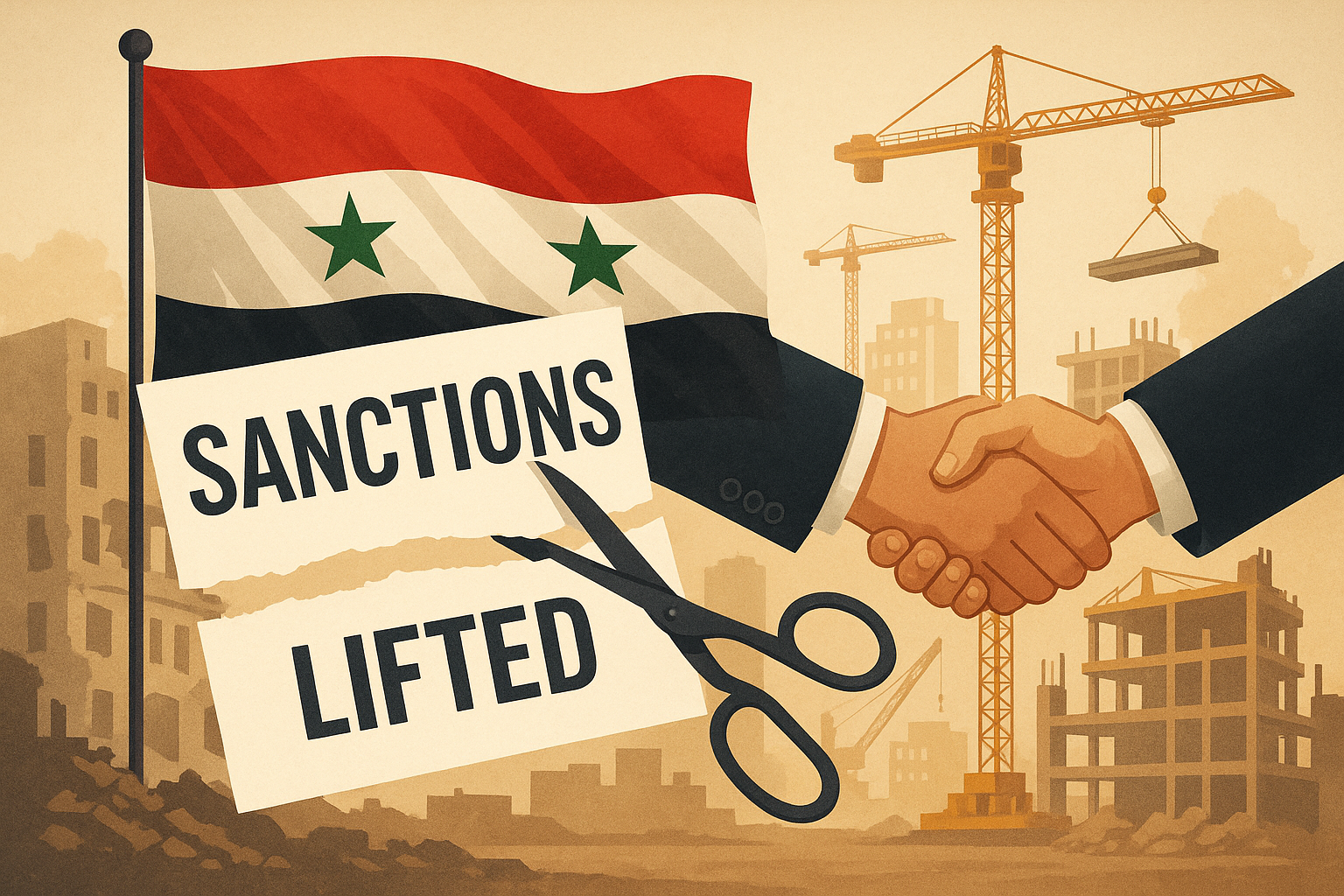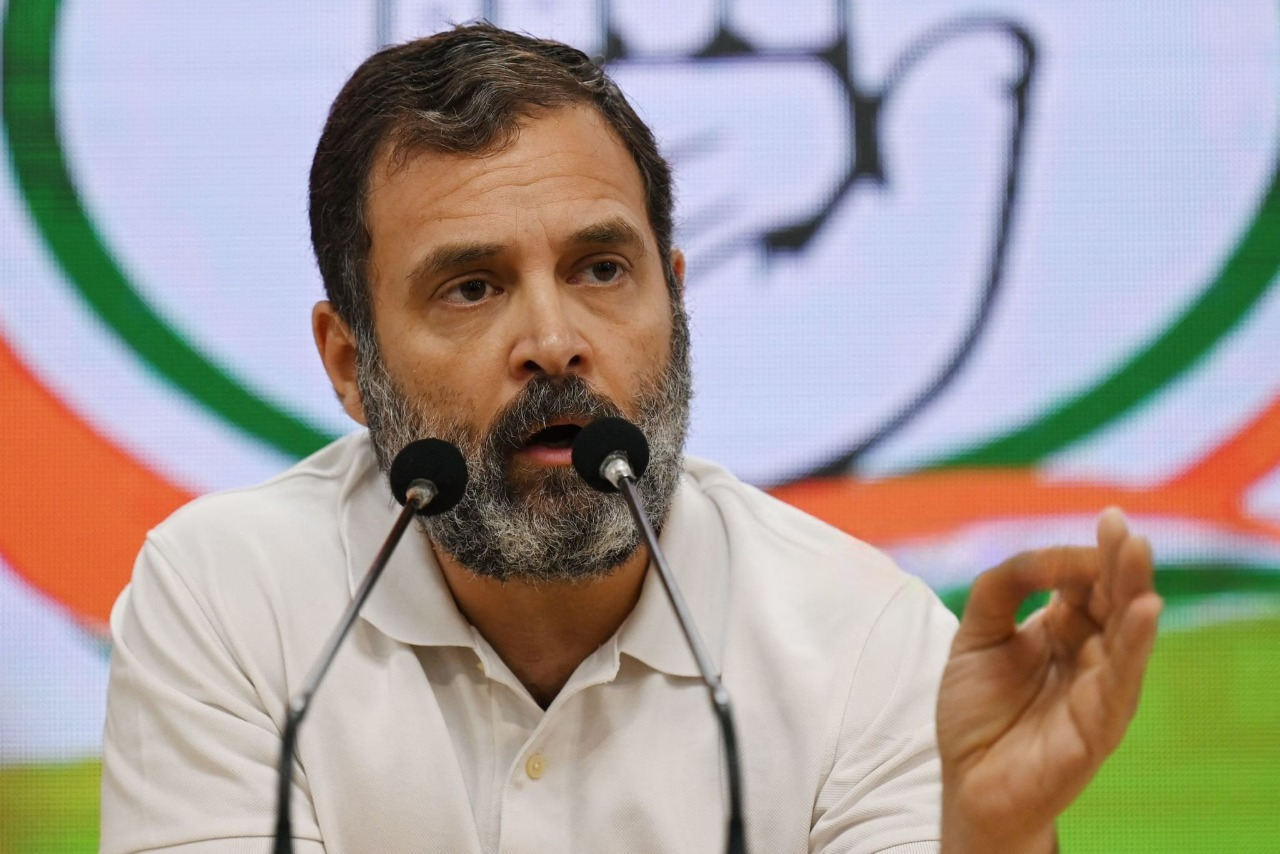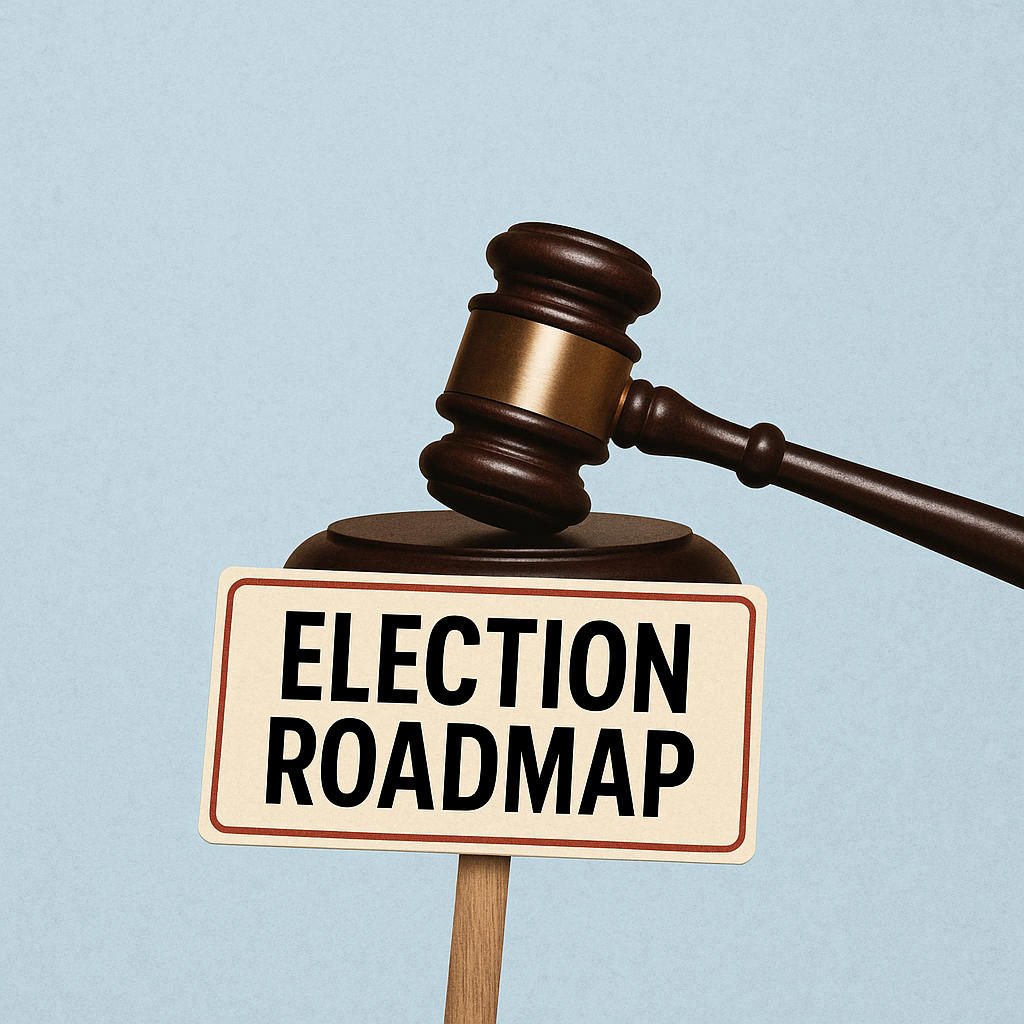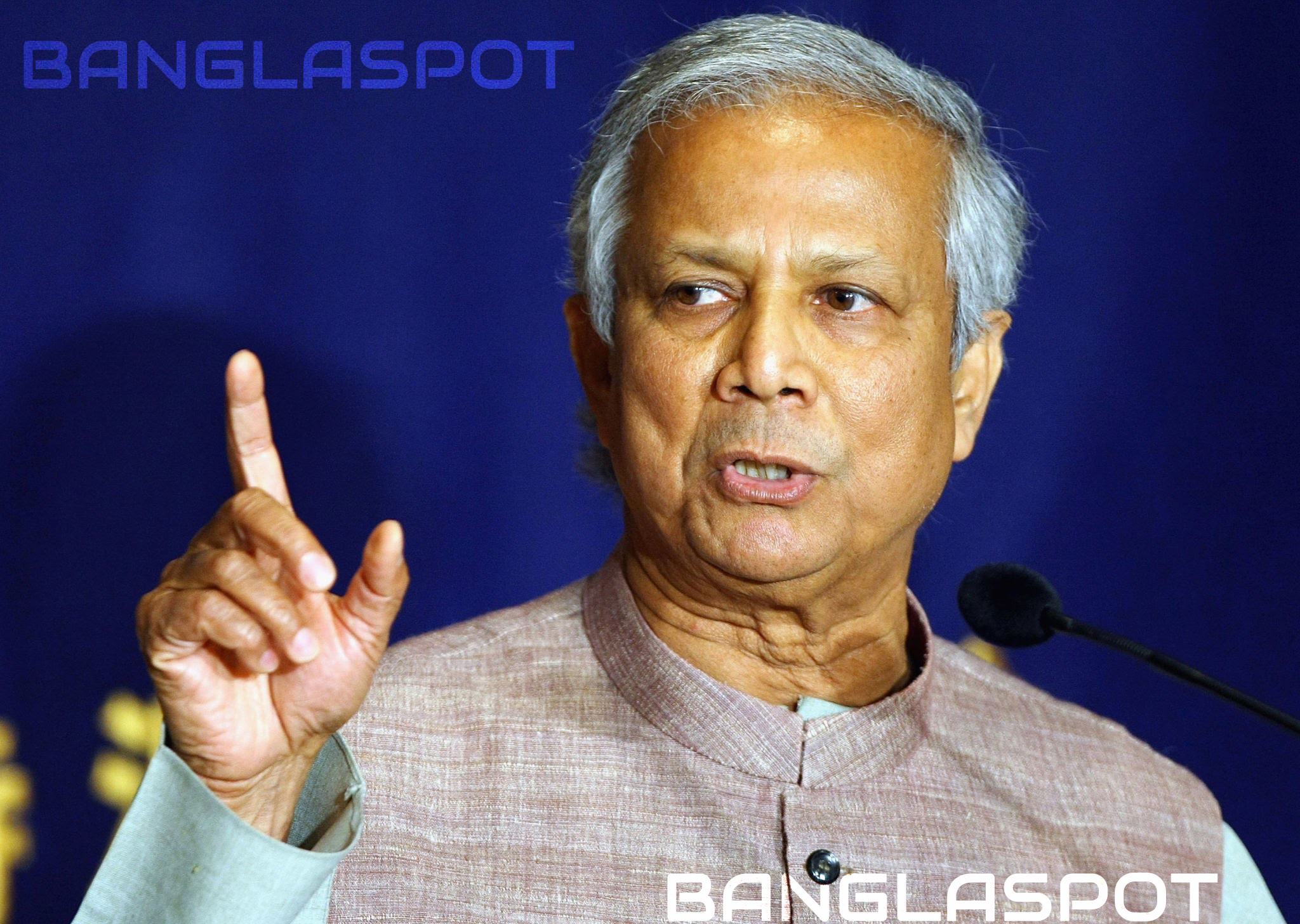
The Treasury Department’s move opens the door for economic reconstruction amid cautious optimism and ongoing challenges
On May 24, 2025, the United States government officially announced the lifting of comprehensive economic sanctions against Syria, marking a significant shift in U.S. foreign policy towards the war-torn country. The sanctions, which have been in place in varying forms since 2005 and intensified during the Syrian civil war, had severely restricted Syria’s ability to engage in international trade and financial transactions. This landmark decision by the U.S. Treasury Department reflects a strategic recalibration, aiming to support Syria’s economic recovery while maintaining pressure on designated terrorist groups and human rights violators.
The sanctions relief primarily applies to the Syrian government led by newly appointed President Ahmed Al-Sharaa, the central bank of Syria, energy companies, airlines, and several other sectors critical to economic activity. According to the Treasury Department’s announcement, U.S. citizens and businesses are now legally permitted to engage in commercial dealings with these Syrian entities, facilitating much-needed foreign investment and trade opportunities that had been virtually impossible under the previous restrictions. However, the sanctions relief specifically excludes individuals and organizations linked to terrorism, drug trafficking, or activities undermining regional security, ensuring that security concerns remain paramount.
The lifting of sanctions is widely viewed as a response to the changing political landscape in Syria following the ouster of former President Bashar al-Assad, whose regime was widely criticized for authoritarianism and human rights abuses. The new government under President Al-Sharaa has expressed willingness to pursue reforms and improve diplomatic relations, which evidently played a crucial role in prompting Washington’s policy shift. Syrian officials have welcomed the move, calling it a positive development that will help alleviate the country’s severe economic and humanitarian crises, and enable reconstruction efforts to gain momentum.
The Syrian economy has been devastated by over a decade of conflict, with infrastructure damage, displaced populations, and fragmented governance hampering recovery efforts. The sanctions had added to these difficulties by restricting access to global financial systems and trade networks, thus isolating Syria from much-needed capital and resources. With the sanctions lifted, experts anticipate a gradual revival in sectors such as energy, banking, transportation, and manufacturing. This could lead to job creation, improved public services, and enhanced quality of life for Syrian citizens long affected by war and deprivation.
A key aspect of the sanctions relief includes a 180-day waiver under the Caesar Syria Civilian Protection Act, a U.S. law originally designed to punish the Assad regime for war crimes. This waiver allows for the provision of essential services such as electricity, water, sanitation, and medical supplies without violating sanctions. This humanitarian exemption is expected to play a vital role in addressing the immediate needs of vulnerable populations, including internally displaced persons and refugees returning to their homes.
While the decision has been broadly welcomed by international actors and Syrian civil society groups, it also faces criticism from some quarters. Human rights organizations have expressed concern that lifting sanctions without robust mechanisms to ensure accountability for past abuses could undermine justice and reconciliation efforts. Similarly, some U.S. lawmakers remain cautious, emphasizing that Syria must demonstrate tangible progress in governance, human rights protections, and counterterrorism before normal relations can fully resume.
Geopolitical analysts note that the sanctions lift signals a broader recalibration of U.S. strategy in the Middle East. By transitioning from punitive isolation towards conditional engagement, Washington aims to exert constructive influence on Syria’s post-war reconstruction and political evolution. This approach also seeks to counterbalance the growing influence of Russia and Iran in the region, who have supported the Assad regime during the conflict. The U.S. hopes that economic incentives and diplomatic dialogue can encourage Syria to align more closely with international norms and reduce its reliance on these external actors.
Moreover, the sanctions relief is expected to facilitate increased foreign direct investment and bilateral trade agreements between Syria and other countries, potentially unlocking billions of dollars in development aid and private capital. International financial institutions may now consider extending credit facilities or technical assistance programs that were previously barred under sanction regimes. This influx of resources could accelerate infrastructure rebuilding, including roads, hospitals, schools, and energy networks, which are critical for long-term stability.
Despite these optimistic prospects, significant challenges remain. The Syrian government faces the daunting task of rebuilding trust among a deeply fractured society, re-establishing security across restive regions, and creating transparent governance structures capable of managing reconstruction funds effectively. Corruption, sectarian divisions, and ongoing insurgent activity continue to pose risks to sustained progress. The international community, including the U.S., European Union, and United Nations, will be closely monitoring Syria’s compliance with agreed reforms and human rights commitments to ensure that the lifting of sanctions translates into real-world improvements.
In conclusion, the formal lifting of U.S. sanctions on Syria marks a watershed moment that could herald a new phase of recovery and reintegration for the country. It reflects a pragmatic recognition that engagement, rather than isolation, may offer the best path toward peace, stability, and prosperity in Syria. However, the road ahead is fraught with complexities that will require sustained diplomatic efforts, vigilant oversight, and cooperation among diverse stakeholders. As Syria begins to rebuild, the support of the global community will be crucial in shaping a future that honors the aspirations of its people and secures lasting peace in a region long marked by conflict





